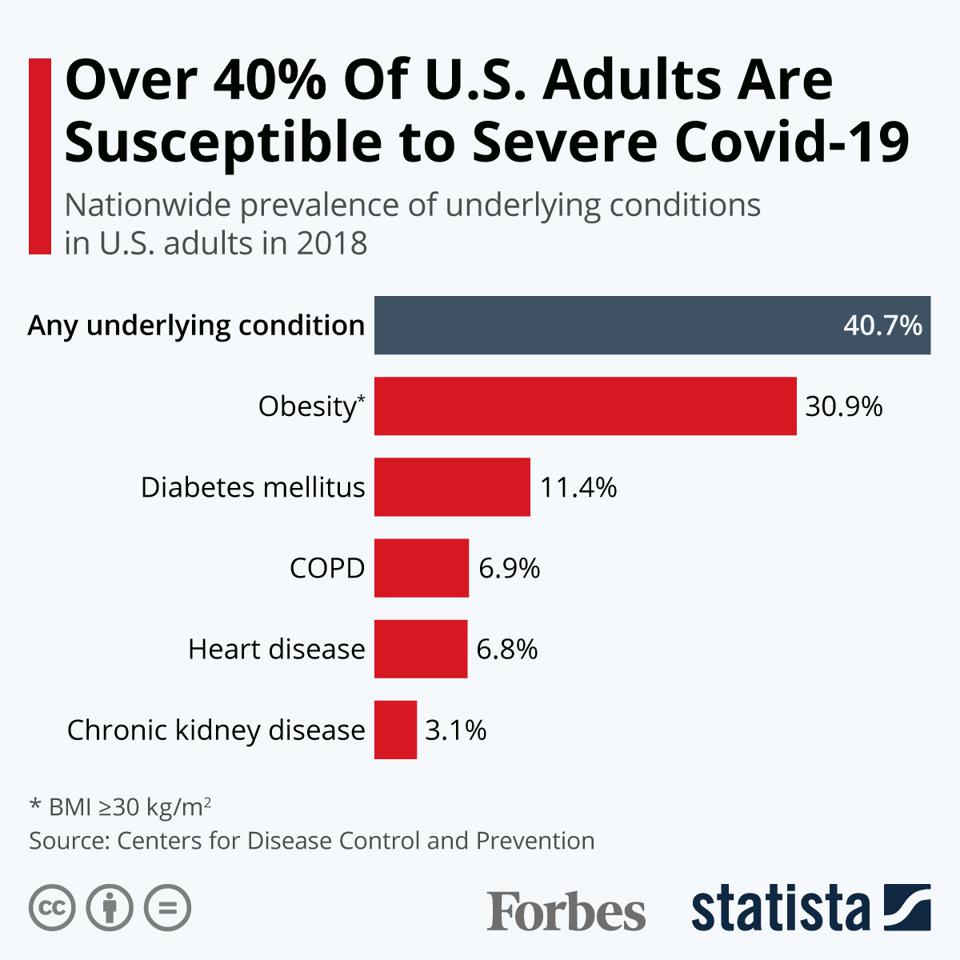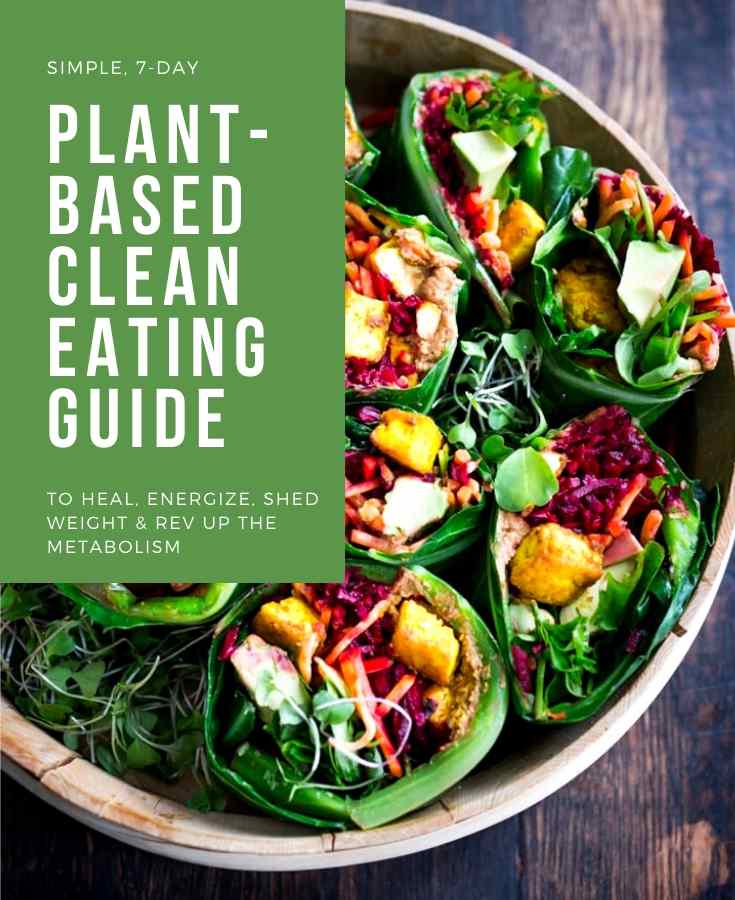
It is possible to quickly boost your immunity system by adopting a healthy lifestyle. It will increase your overall health as well as prevent many diseases. Multivitamins and multimineral supplementation are very popular, but they have little impact on the immune system. Therefore, it is better to concentrate on healthy habits. These include proper nutrition, regular exercise, and frequent hand washing. These habits will help you fight infections and increase your immunity strength.
Selenium-rich foods are a great way to boost your immune systems. This mineral can be found in tuna, broccoli, and fish. Get more zinc and iron. These vitamins are crucial for the immune system. These vitamins can help you be more resilient to disease. It will also improve your mood. Some other ways to boost your immune system are to drink plenty of water and get plenty of sleep.

The immune system is a complex organ that needs a good amount of nutrients to be effective. A balanced diet rich with vitamins, minerals, antioxidants, and fiber can help boost your immune system's efficiency. You can also try taking a daily multivitamin, which contains magnesium and other essential nutrients. Vitamin supplements are also beneficial to your health. However, they will take a few weeks to have any effect.
The following foods can be used to boost your immune system. Eating a balanced diet is an effective way to keep you healthy and combat the flu. Don't skip meals. Try to eat at least five to seven portions of fruits and veggies each day. These foods are high-in antioxidants, essential vitamins, and can help boost your immune function. Exercise and meditation are other methods to boost your immunity system. If you're looking for more information on how to boost your immune response naturally, check out the information provided below.
Many other foods can boost your immune systems. Green tea, oranges, strawberries and other fruits are rich in antiviral and polyphenolic compounds that can help boost your immune system. Tea will also help boost your immune system. It will protect you against bacteria and viruses that could cause you harm. You can increase your immunity with a diet rich in these foods and other antioxidants. You can also use hand sanitizers to kill germs.

Vitamin C and zinc supplements can be found in a variety of foods that will boost your immune system. Although there are many supplements available, it is best that you try a variety to increase your immune function. These supplements should be taken daily. These supplements should be taken as directed. The CDC recommends 150-minutes of moderate-intensity exercise five days a week. This amount may be sufficient for women.
FAQ
How many calories do I need to eat each day?
This will vary from person-to-person. The average is 2000 - 2500 calories per day. The factors that determine how many calories are needed for you include your gender, age, height, activity level, lifestyle, and gender.
Which workout is best to build muscle?
There are two main things you must do when building muscle mass. These are isolation exercises and compound moves. While isolating exercises target specific muscles, compound movements are designed to focus on multiple muscle groups at once.
Your best option to improve your fitness is to work out with exercises that challenge all your major muscle group. This ensures you're always pushing yourself during your workouts.
MyFitnessPal, an app that tracks your actions, can be used to help you keep track. It allows you to log everything from calories burned to weight lifting. You can also create customized meal plans based upon your goals.
What kind of food should I avoid when trying to lose weight?
Avoid foods that contain trans fats. Trans fats raise LDL (the bad) cholesterol levels and reduce HDL (the good) cholesterol levels.
Trans fats are found in deep-fried foods, fast food, packaged baked goods, snack cakes, and other processed foods.
These unhealthy fats are also known to cause inflammation and lead to heart disease as well as diabetes.
Avoid foods that are sweetened with artificial sweeteners. Artificial sweeteners can increase your risk of developing cancer.
They are found in everything, from soft drinks to chewing tobacco to candy bars. They also appear in meat, poultry and eggs.
Artificial sweeteners include saccharin, cyclamate, sorbitol, aspartame, acesulfame-K, and sucralose.
These chemicals can damage DNA and cause cell death, according to the American Heart Association.
Cardio Exercise: Good or Bad for Your Health?
Cardiovascular exercise has many advantages. Cardiovascular exercise improves blood circulation and strengthens your heart muscle. It also increases stamina and helps you lose weight.
Cardiovascular exercise includes running, biking, hiking, swimming, tennis, basketball, soccer, volleyball, football, etc.
It is important to keep in mind that cardio exercises should not only be performed at a high level of intensity, but also at low levels. This could result in injury.
You should only perform the cardiovascular exercise if you are feeling well.
Do not push yourself to the limit. Otherwise, you could end up injuring yourself.
Warm up is the best way to start cardiovascular exercise. Gradually increase the intensity.
Remember, you should always listen to your body. If you feel pain while performing cardiovascular exercise, it is important to stop immediately.
After a cardio workout, it is a good idea to take a break. This allows your muscles time to recover.
Cardiovascular exercise can help you lose weight.
It is the most effective way to burn calories and reduce belly fat.
Can I go to the gym 7 days a week?
Yes, you can go to the gym seven days a week but not all at once. You have to find a time where you can do this without feeling too exhausted and drained.
This will help to keep you focused and give you energy for other things.
It is important to eat right during these times. This will make it so you don't feel tired or sluggish while going to the gym.
Last, make sure there aren't any other things competing with your time. Consider avoiding exercising on school night if you have small children. This will keep your attention from your workout.
What does milk do for men?
The next time you buy milk, think about what else you could use it for. You may also benefit from consuming less coffee.
Children and adults both have found milk to be beneficial. Milk contains nutrients like vitamin D. Calcium, potassium, phosphorous, magnesium, and other essential nutrients.
It also aids digestion, improves bone strength, and promotes weight gain. Milk products can help adults have better immunity systems and less illness.
The lactose in milk is also high, so people with digestive problems can enjoy the benefits of milk without experiencing stomach discomfort.
You can drink more milk than you would soda or juice. Your teeth and bones can be strengthened by drinking milk rich in vitamin D and calcium.
Plain low-fat yogurt is another option if milk tastes bland to you. Yogurt is an excellent alternative to milk because it is lower in calories, and contains more protein.
Yogurt also contains probiotics which improve digestion and immunity.
Warm milk can help you sleep better if you have trouble falling asleep. Warm milk can relax muscles and increase serotonin levels. This will help you sleep well.
Statistics
- By John Thompson Take a whopping 38% off a set of PowerBlock Pros. (menshealth.com)
- An estimated calorie range for moderately active adult males falls between 2,200 to 2,800 calories per day, depending on age. (eatright.org)
- Candidates and applicants must pass all four tests at 70% (minimum level) to graduate from Basic Deputy U.S. Marshal (BDUSM) Training. (usmarshals.gov)
- According to the American Heart Association, blood pressure should be checked at least once every two years, beginning at age 20. (my.clevelandclinic.org)
- Get free shipping and 25% off today. (healthline.com)
External Links
How To
How can I exercise to burn fat?
Exercise burns calories through increased metabolism and oxygen consumption.
Exercise at a moderate intensity to safely lose weight.
These tips can help you to burn fat while training:
-
Cardio exercises like walking, running (or jogging), swimming, cycling, running, and/or elliptical training are all good options.
-
Do 30 minutes of exercise three times a week.
-
You can add strength training into your exercise routine if you're looking to lose even more weight.
-
Avoid doing intense exercises. It's possible to build muscle, but not lose it.
-
When exercising, make sure to drink lots of water. Water helps flush out toxins and keep your body properly hydrated.
-
After working out, make sure to drink low-fat proteins shakes. Protein shakes can help boost energy and repair muscles.
-
You can eat smaller meals throughout the day so that you don't feel hungry in between meals.
-
Don't skip breakfast! You can feel tired and slow if you skip breakfast.
-
Take care of your mind. Stressful situations can slow down metabolism.
-
Keep a positive attitude. Studies show that people who believe they are overweight gain more weight then those who think they are attractive.
-
Get enough rest. It is harder to lose fat if you don't get enough sleep.
-
Keep active. Move around at least once an hour.
-
Maintain a healthy diet. Healthy eating will keep you fuller and more satisfied for longer.
-
Find relaxation techniques. Tenseness can cause stress hormones to break down muscle tissue.
A balanced diet contains all necessary nutrients for growth and development.
Eat six small meals each day instead of three large ones. This gives your body the time it needs to process what you've eat.
Calcium is required to support strong bones. Calcium is found in dairy products like yogurt, fortified milk beverages, orange juices, cereals and bread.
Calcium is found in leafy vegetables, beans and tofu, as well nuts, seeds and cheese.
Vitamin D is required for calcium absorption. Vitamin D can be found in egg yolk, fatty fish, and other fortified foods.
Vitamin E is vital for your skin's health. It's found in vegetable oils, wheat germ oil, peanuts, almonds, sunflower seeds, and corn.
Your body requires zinc for normal immune function and wound healing. Zinc can also be found in legumes, oysters, meats and whole grains.
Zinc deficiency may cause fatigue, loss appetite, depression, and impaired immunity.
Consuming too much sugar can cause insulin resistance. This causes an increase in blood glucose levels. Insulin resistance can lead to weight gain.
Insulin resistance occurs when the bloodstream is full of free radicals. Free radicals refer to molecules that contain unpaired electrons. They can damage cell membranes and other body parts.
Food additives, pesticides and herbicides, as well as preservatives, smoking and radiation are all sources of free radicals.
Free radical damage can lead to cancer, heart disease, diabetes, arthritis, asthma, and aging.
The best way to avoid free radicals is to eat a balanced diet high in antioxidants. Antioxidants protect against oxidative damage.
Antioxidant vitamins include Vitamin C (found in citrus fruits), beta carotene (found in carrots, sweet potatoes, spinach, broccoli, cantaloupe, apricots, squash, mangoes, peaches, peppers, tomatoes, cabbage, cauliflower, kale, Brussels sprouts, collard greens, watermelon, and strawberries), and Vitamin E (found in nuts, olive oil, avocados, and eggs).
Other antioxidant nutrients include selenium, copper, manganese, and zinc.
Selenium helps protect cells from oxidative damage caused by free radicals. Selenium can be found in Brazil nuts and liver, kidneys, liver, kidneys, shrimp, cod, turkey and lamb as well as chicken.
Copper protects your eyes, brain, eyes and red blood cell. Copper is also found in poultry, meat, and organs.
Manganese, an essential component of bone strength, is crucial. Manganese is found in brown rice, spinach, bananas, prunes, raisins, oatmeal, and lentils.
Zinc is important for healthy growth, reproduction, and wound-healing. Zn can be found in lean cuts, white fish, poultry, eggs, and other foods.